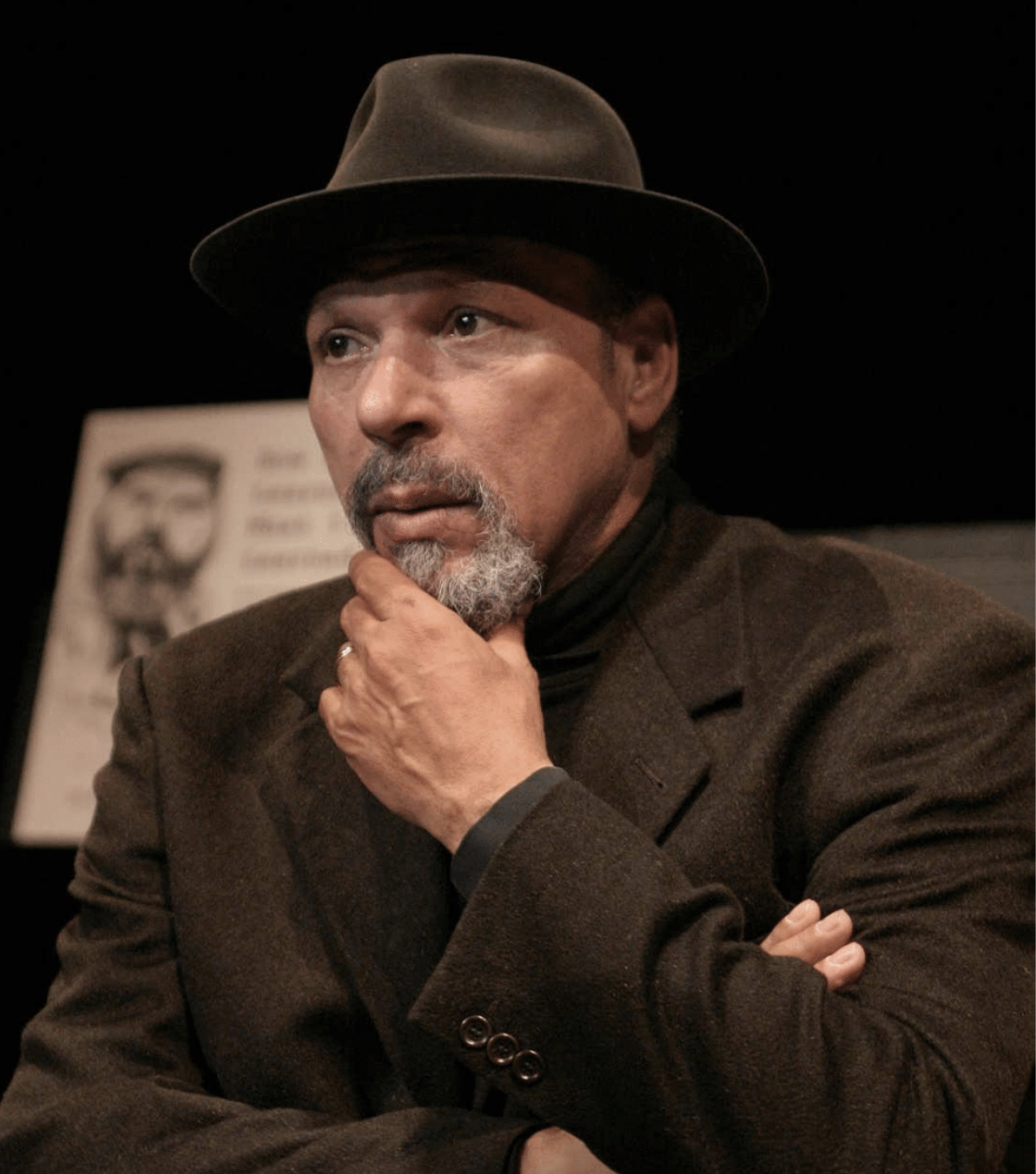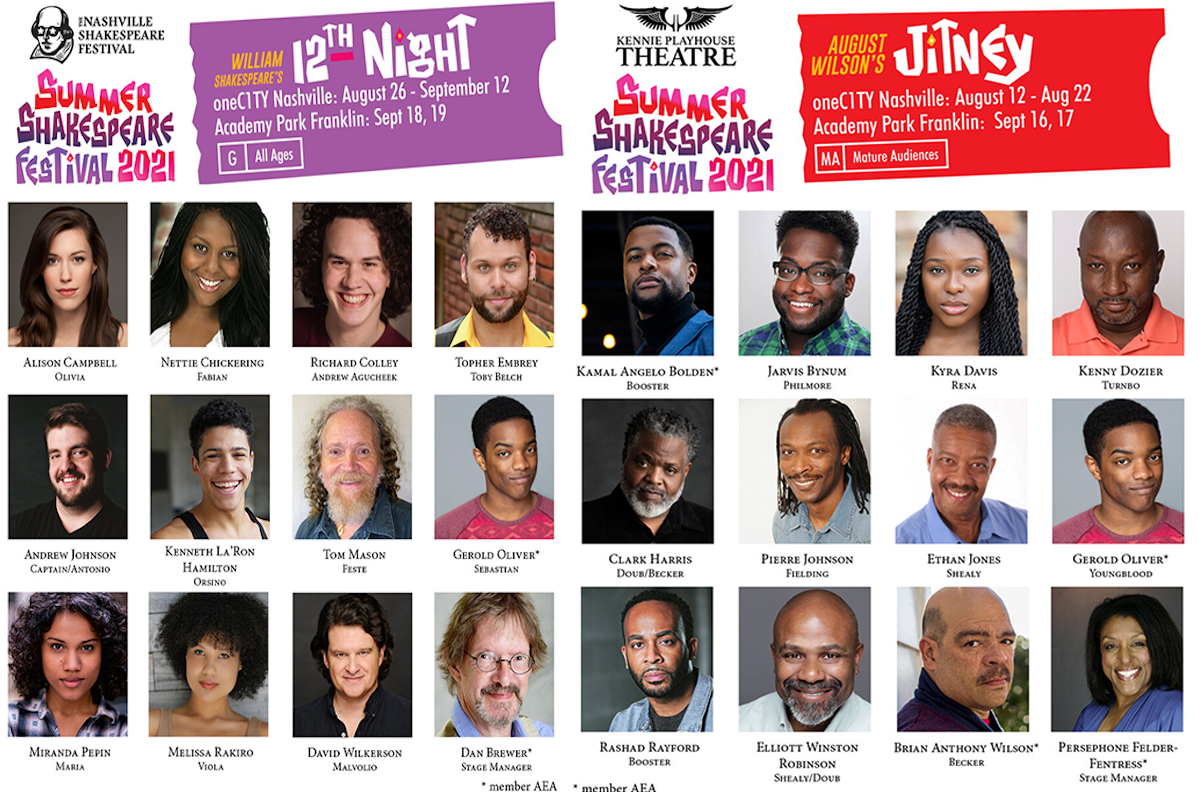The 1960s saw the rise of the Black Power Movement, which advocated for racial pride and creating cultural spaces that support Black American identity. This included the development of a distinct Black arts, with inclusive venues and audiences. This movement, catalyzed by figures such as Malcolm X, shaped Black theater.
 One playwright who was impacted by the Black Power movement was August Wilson. In 1996, he delivered a famous speech to the Theatre Communications Group called “The Ground on Which I stand,” which called for more inclusive representation of Black identity in American theater. Wilson’s speech calls for the theater industry to provide more funding and opportunities for artistic representations of Black identity on American stages:
One playwright who was impacted by the Black Power movement was August Wilson. In 1996, he delivered a famous speech to the Theatre Communications Group called “The Ground on Which I stand,” which called for more inclusive representation of Black identity in American theater. Wilson’s speech calls for the theater industry to provide more funding and opportunities for artistic representations of Black identity on American stages:
Black theatre doesn’t share in the economics that would allow it to support its artists and supply them with meaningful avenues to develop their talent and broadcast and disseminate ideas crucial to its growth.
Wilson argues the need to establish theaters and spaces for Black art to flourish. For more on Wilson, you can watch the video below about his work:
In Nashville today, the Shades of Black Theatre Festival highlights Black art in the city. However, it draws fewer audiences than many other productions in Nashville, demonstrating the continued need for equality and inclusion in the city’s artistic spaces.

 In 2021, the Nashville Shakespeare Festival partnered with Kennie Playhouse Theatre, a Black theater in Nashville, to produce August Wilson’s Jitney alongside Shakespeare’s Twelfth Night in their summer season. The two shows shared advertising, stage space, and some cast and crew members. They were hoping that the partnership might draw more diverse audiences to both shows and provide one step on the road to greater inclusive theater in Nashville.
In 2021, the Nashville Shakespeare Festival partnered with Kennie Playhouse Theatre, a Black theater in Nashville, to produce August Wilson’s Jitney alongside Shakespeare’s Twelfth Night in their summer season. The two shows shared advertising, stage space, and some cast and crew members. They were hoping that the partnership might draw more diverse audiences to both shows and provide one step on the road to greater inclusive theater in Nashville.